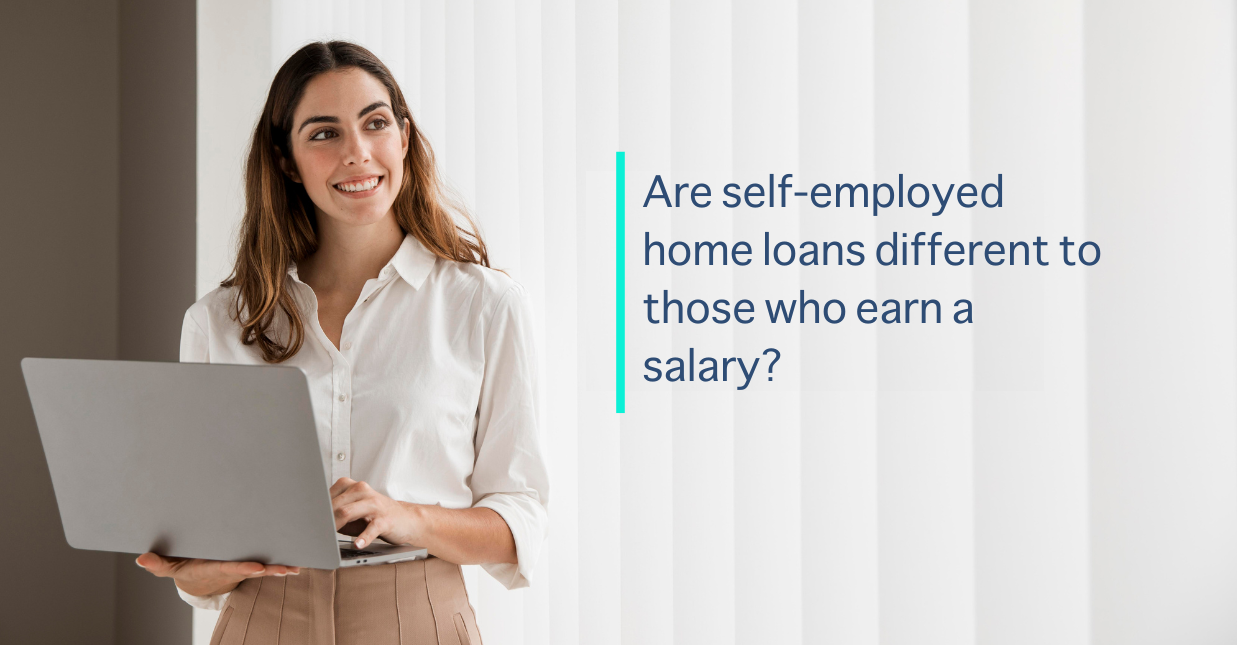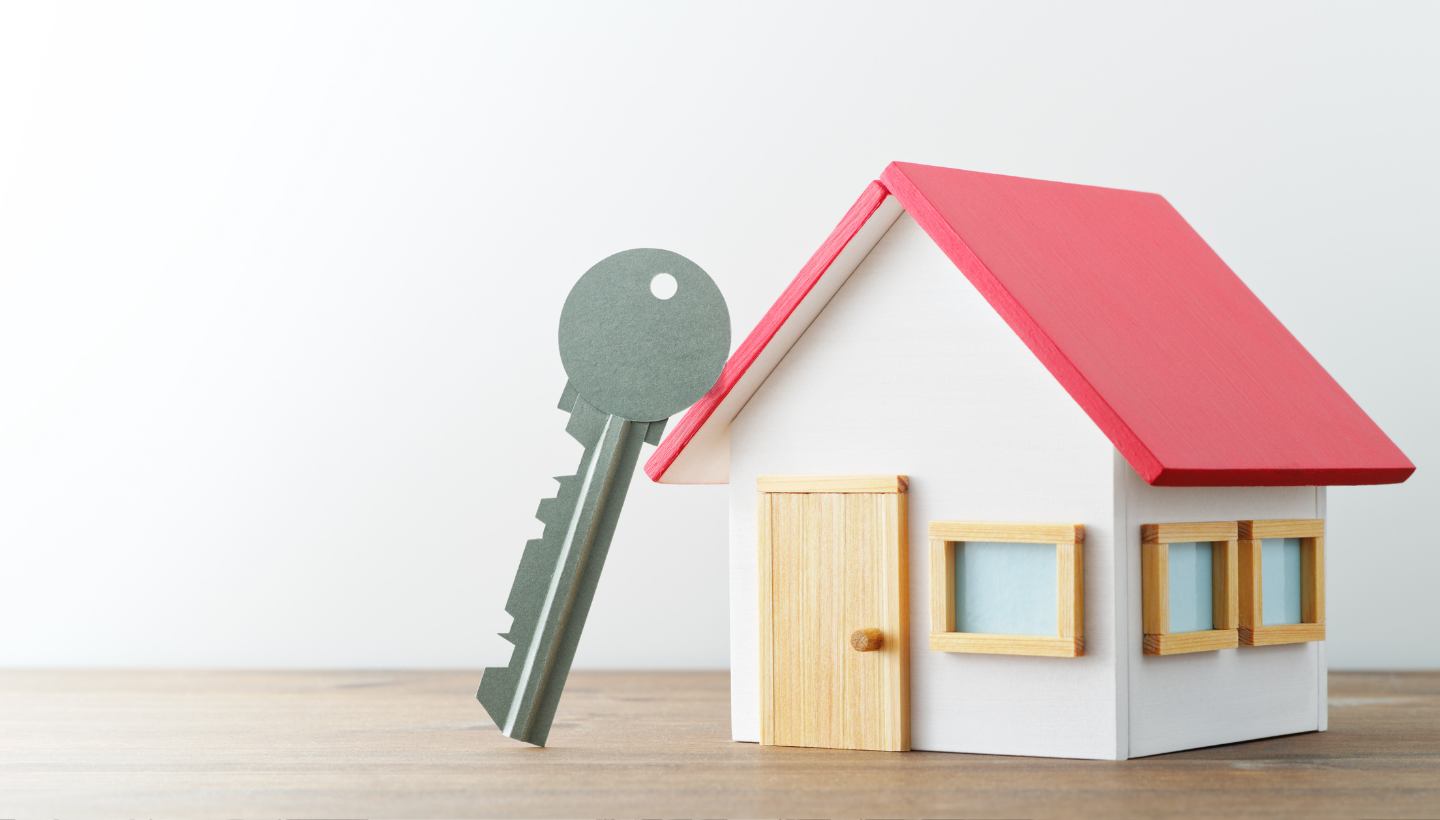Are you self-employed and looking to purchase a new home or investment property? Does going through the bank to get approved for a home loan seem daunting to you? Do you feel as though you are financially ready to purchase a house, but the strenuous approval process from the bank is saying otherwise?
We get it. The home loan application process for self-employed applicants can be tough. For some, even off-putting. But with self-employment numbers growing substantially over the last decade, we want to help make your life easier when it comes to qualifying for a home loan.
This article will help clarify how you as a self-employed Australian can qualify for a home loan.


What counts as self-employed when applying for a home loan?
In Australia, you are considered self-employed in the home loan process if you are a business owner, freelancer, sole trader or consultant. Typically speaking, lenders will deem you self-employed if you’re not receiving a regular fixed income.
Shareholders and owners of large companies who are paid a salary by the business may also be considered self-employed by lenders. Determining whether you’re self-employed will come down to the lender and their analysis of the business’s financial situation.
Are self-employed home loans different to those who earn a salary?
The difference between home loans for self-employed applicants and salaried applicants is the way lenders assess your income to determine whether you qualify for the loan.
Lenders will assess your income, financial records and any corresponding documentation required. The reason for this process is to make sure you have the financial capability to make the repayments of your home loan. This is referred to as your serviceability.
Is there a certain amount of time I must be self-employed before I can apply for a home loan?
The amount of time you’ve been self-employed is something almost every lender will take into consideration when assessing your home loan application. Typically, lenders will require you to have worked for yourself for at least 2 years before considering your application.
If you have been self-employed for less than two years, it is still possible to qualify for a home loan. The catch is, you will probably need to prove you have worked in your specific industry for more than two years. Providing your lender with old payslips from past employers will help support your case.
Self-employed applicants who have less than one year’s experience will find it more difficult to secure a home loan. Banks will not accept applicants who have worked for themselves for less than a year. But non-bank lenders like Uptain may be able to help with a ‘low doc’ home loan.
What is a ‘low doc’ home loan?
Low-documentation home loans are an option for applicants who have been self-employed for less than two years. Meaning they cannot provide proof of two years’ worth of tax returns under their ABN.
Alternatively, you will need to provide your bank statements and have an accountant sign a declaration of your income.
What is the difference between a ‘low doc’ home loan and a ‘full doc’ home loan?
‘Low doc’ home loans come at a higher risk to the lender as your employment isn’t as well established as ‘full doc’ applicants. Because of this ‘low doc’ home loans come with different restrictions and conditions. ‘Low doc’ applicants are often required to put down a larger house deposit of 20%.
Another aspect to be aware of if you’re granted a ‘low doc’ home loan, is it’s likely you will have higher interest rates than if you had a ‘full doc’ home loan.
The good news is ‘low doc’ home loans can allow you to purchase the home you want when you have been declined for a standard/full documentation home loan.
Some lenders will also consider changing your ‘low doc’ home loan to a standard home loan after the first 2 to 3 years. Giving you access to a better interest rate.
Do I need a ‘low-doc’ home loan?
If you’ve only recently become self-employed but feel as though you’re financially ready to buy a home and have plenty of experience in the industry, you could try applying for a low-doc home.
An example of someone who could qualify for this type of loan is a plumber who has only been working for themselves for one year but has worked in the industry for 10 years. They have a healthy deposit saved and a good credit history.
Just remember, every applicant’s situation is unique, and it is up to the lender whether they believe you will be able to service the loan or not.
How you can prepare for your home loan application
Certain lenders may require you to provide different documentation when applying for your home loan. But most lenders will need you to provide them with your income, savings history, assets, expenses, liabilities and employment details.
Self-employed applicants must also provide lenders with the previous 2 years’ documentation of:
- Date of your ABN & GST registration
- Tax returns – ABN
- Tax returns – Personal
- BAS – Business activity statements
- ATO notice of assessment
- Supporting financial statements
This information will help you understand and prepare for your home loan application process. If you have any questions or would like to start your application process, get in touch with one of our lending experts so we can help you.












